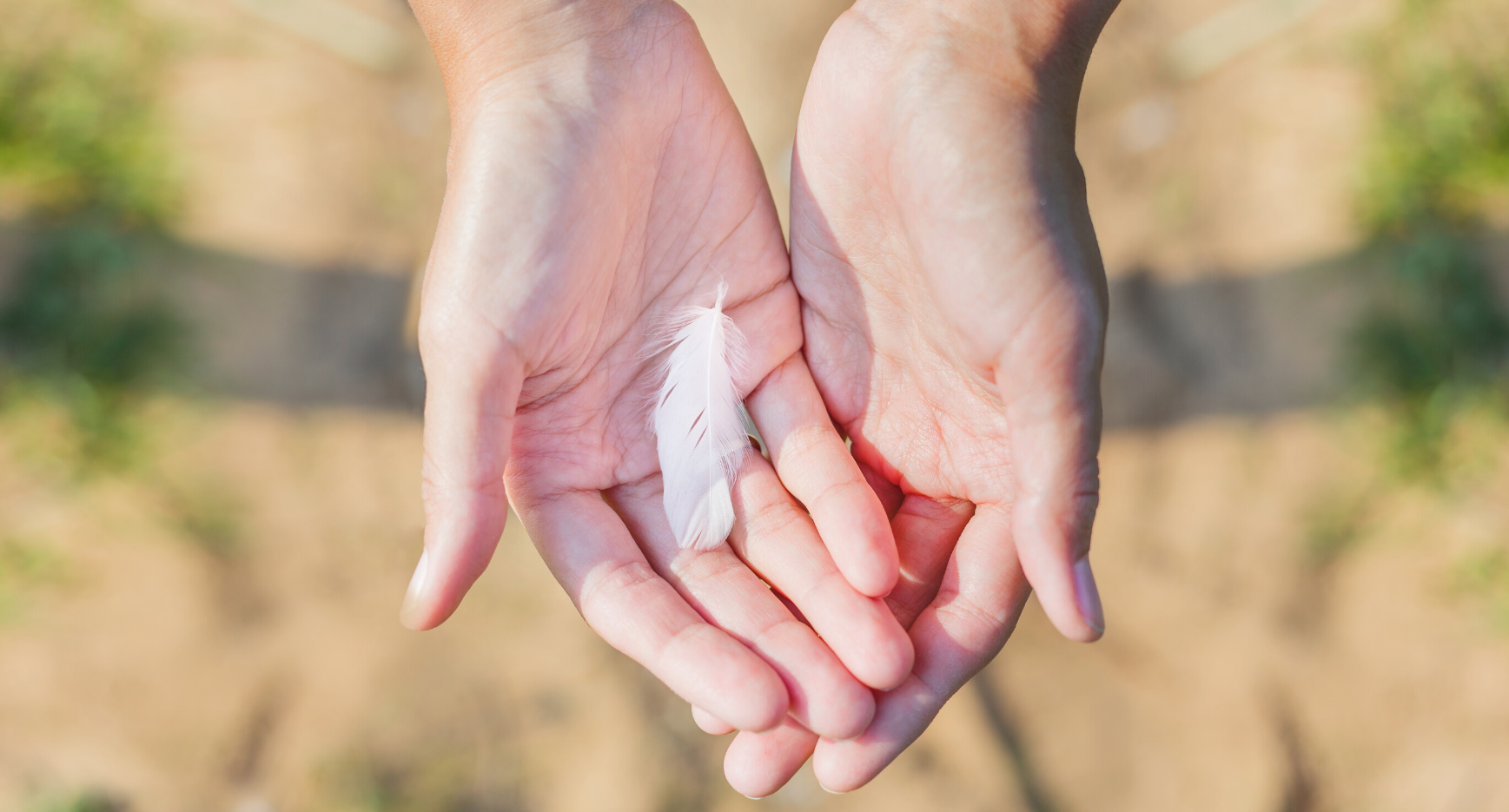Two diagnoses
“ PCOS has probably been a part of me since before I was born. I think I inherited the tendency from my grandmother, although, of course, no one can say for sure. ”
"Although I’m not sure whether I will have a relationship in the future or whether I want children, I am sad to know that my syndromes can affect my ability to find a partner, the sustainability of the relationship, and my ability to have children, even if I’m not doomed to infertility."
PCOS has probably been a part of me since before I was born. I think I inherited the tendency from my grandmother, although, of course, no one can say for sure. When my period started at the age of 12, the flow quickly became heavy. I also remember the backache: sitting on a piano stool with no backrest was uncomfortable during the worst flow days.
Then my period suddenly stopped, for no reason at all. The first time I went to a gynaecologist was at 14, when they started looking into it – although I didn't let the doctor do an internal examination. Based on an ultrasound scan, I think the doctor said to my mother something about ovarian cysts and prescribed a course of dydrogesterone. However, the doctor probably meant polycystic ovaries rather than cysts.
With the help of the medication, I was able to get my period to start whenever I hadn't had it for a while, until I started dating my first boyfriend at 18 and started taking birth control pills. With the pill, my periods stopped completely. At the same time, my mucous membranes dried up, which soon became evident as intercourse pain. Eventually, the pains were so frequent that I would flinch and my muscles would automatically tense up when my boyfriend touched an area such as my thighs. At the student health clinic, a gynaecologist diagnosed me with vestibulodynia, a form of vulvodynia. I reacted so strongly to the cotton swab test that there was no doubt about the diagnosis.
My vulvodynia was treated with medicated creams and pelvic floor physiotherapy. I learned to relax and control my pelvic floor muscles and gradually got used to the pain spots at my vaginal opening being touched. If the treatments did alleviate some of my pain, the pills seemed to take away all desire – or maybe the real reason for the almost complete lack of sex in our relationship was still the pain and the fact that I was suffering from depression and an anxiety disorder. Although there was a lot of discussion and I tried mini-pills, contraceptive capsules, and various combination pills to find the most suitable form of contraception for me, my boyfriend still seemed to think that the reason for us not having sex was that he was no longer desirable in my eyes. Eventually, the relationship didn't last, and we split up after more than three years of dating.
I met my next boyfriend right after the break-up, actually. This time, the sex worked: I had found the right birth control pills for me, and maybe the antidepressants I was taking helped to keep the pain within tolerable limits. Although the relationship quickly broke down, the vulvodynia now seemed to be under control. It was there but only rarely interfered significantly with sex.
Around the same time, I started to gain weight rapidly. I also developed acne. Fortunately, a fairly mild level of medication was enough to treat it, but while talking to my gynaecologist about the weight gain, which seemed to have started for no particular reason or change in lifestyle, I was reminded again of the existence of PCOS. Basically, I already knew that I had polycystic ovary syndrome, but now the diagnosis was confirmed once again. I became more aware of what was going on. I was back on birth control pills, now mainly to treat my PCOS, and my periods came in between pill strips when they did. Usually not.
The greatest impact of the syndromes is psychological. I'm not super athletic, but I like to exercise and eat healthy vegetarian food – without PCOS, I'd probably be a bit thinner than I am now, and that's why my body feels alien to me sometimes. Vulvodynia, on the other hand, makes a single woman's irregular sex life unpredictable. You never know in advance if sex will hurt this time, how much it will hurt, or if your partner will respect your experience of pain.
Although I’m not sure whether I will have a relationship in the future or whether I want children, I am sad to know that my syndromes can affect my ability to find a partner, the sustainability of the relationship, and my ability to have children, even if I’m not doomed to infertility. This feels more difficult now that I'm approaching 30 and many of my friends are settling down and starting a family. Being single and living at a completely "different pace" with others sometimes causes a gnawing sense of loneliness, which is difficult to talk about with loved ones.
Physically, I feel I am coping with both PCOS and vulvodynia mostly well. Over the years, I have sometimes taken birth control pills and sometimes not, starting my menstrual flow with dydrogesterone when necessary. The weight seems to have stuck, and some hirsutism has appeared, but so far, all symptoms have been manageable.
‹ Back to stories
